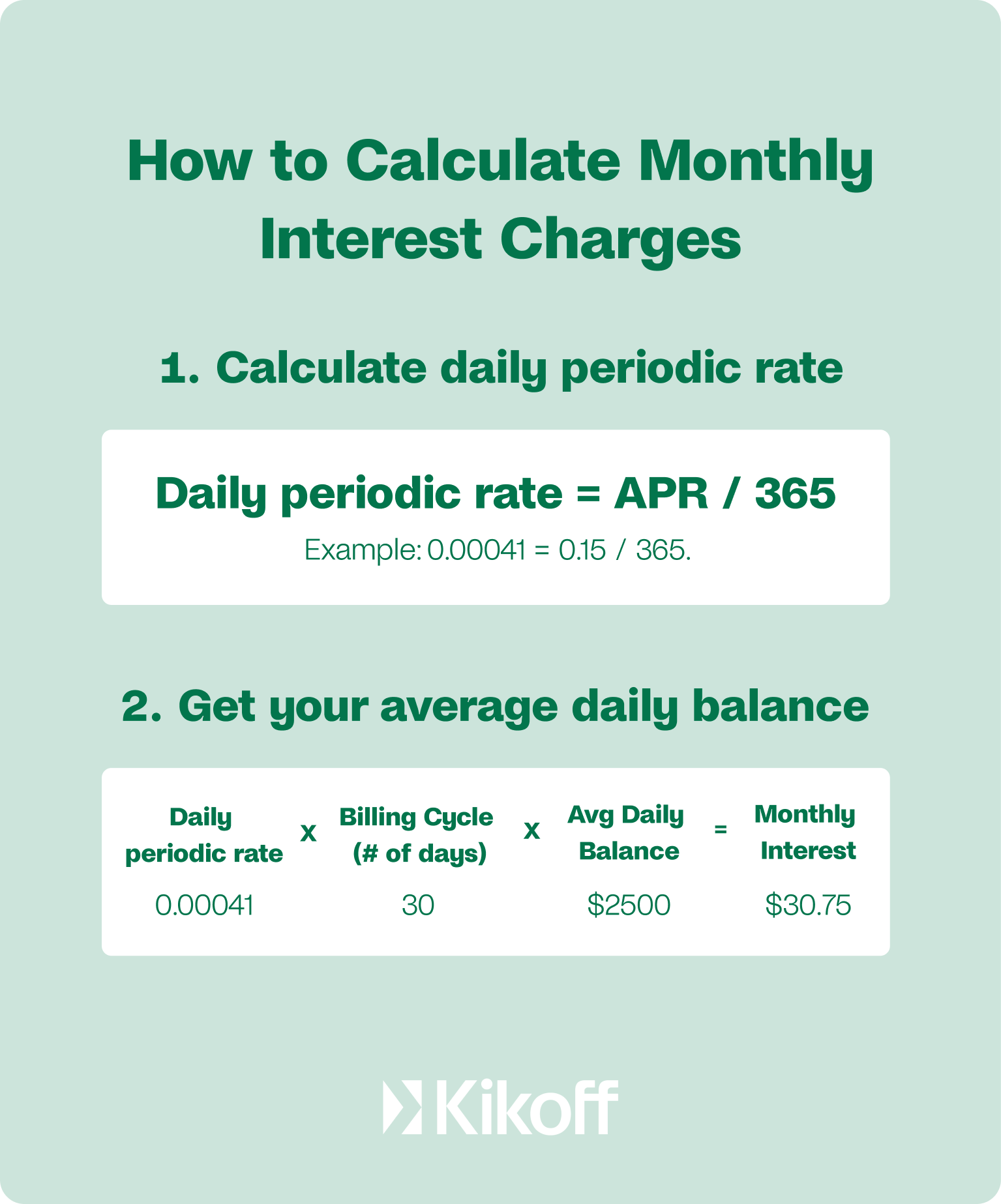What is TransUnion® reporting and why does it matter?
Did you know that there are different credit bureaus and each one has their own…

Hack Credit.
It seems like this page is no longer here
Did you know that there are different credit bureaus and each one has their own…

If you’re looking to buy a car, buy a home, or get a loan, you’ll…
Our flagship product, the Kikoff Credit Account now reports to TransUnion. The Credit Account now…
How to turn a good credit score into Amazon rewards: One of the most glamorous…
What types of credit report errors can be disputed? With multiple accounts and years of…
Why your credit score may not be your fault We’ll start with the bad news:…
Understanding Your 600 Credit Score Achieving financial flexibility with a credit score around 600 might…